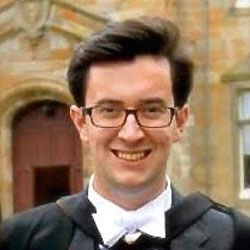Academic and Religious Freedoms Go Together
Kevin Moss is a Christian Heritage trustee and PhD candidate in intellectual history. Earlier this month, I wrote a short piece about the toxic impact of ‘cancel culture’, especially as it is impacting upon higher education. It is worth noting that the introduction of reductionist ideologies within the secondary school system means that we are churning out undergraduates who are ill-equipped to cope with the free intellectual environment that hitherto characterised our Universities. Analogically, ‘Foot-binding‘ was a historical and disfiguring practice conducted in China, only finally abolished in the early 20th century: its victims were no longer able to walk naturally and freely. It is quite likely that the shackles of reductionism may have a similarly constraining impact upon intellectual development, but labelling academic freedom as the ‘problem’ misses the point by a wide mile. Academic freedom can only be a ‘problem’ to students who are suffering from a societally-induced pathology, disabling the exercise of critical faculties, and subverting the capacity to tolerate opinions other than their own. Of course, those who have the greatest interest in fostering or supporting cancel culture are the same people most likely to deny that it exists. Aleksandr Solzhenitsyn’s The Gulag Archipelago documents the painstaking lengths to which the Soviet...



